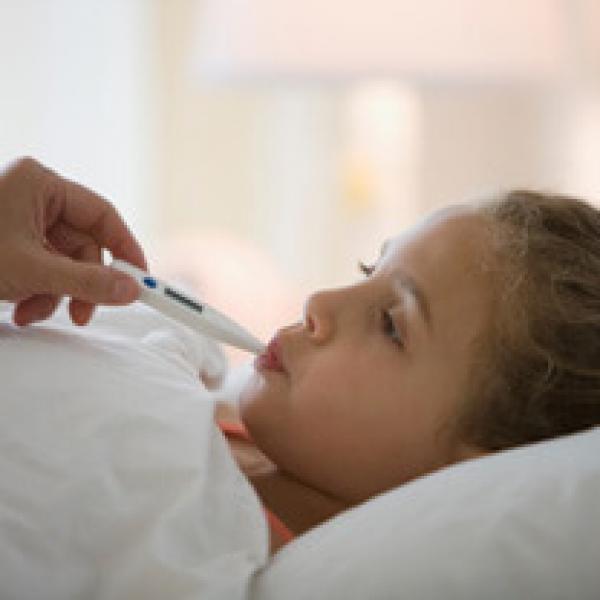- My Ramadan
- Recipes
- Nutrition And Health
-
Brands
- Aero
- COFFEE-MATE®
- CRUNCH® CEREALS
- Cocoa Puffs®
- Fitness Toasties
- illuma 3
- KLIM®
- MAGGI®
- NAN® 3
- NESCAFÉ®
- NESQUIK®
- Nestle® CERELAC®
- Nestle® Pure Life®
- NIDO® PLUS
- PROGRESS KIDS GOLD
- SMARTIES®
- COUNTRY CORN FLAKES®
- CHOCAPIC®
- COOKIE CRISP®
- HONEY CHEERIOS®
- KITKAT®
- LION® CEREAL
- NESCAFÉ® Dolce Gusto®
- NESQUIK® CEREALS
- Nestle® FITNESS®
- NESTLÉ® DESSERT SOLUTIONS
- NIDO® FORTIFIED
- PROMISE PE GOLD
- Perrier®
Don’t Worry: Illness Means Better Immunity
Your child is ill? That means he’s strengthening his immunity! Germs, bacteria and viruses are naturally present in our environment. When your child is exposed to them, his defenses may not always protect him.
Once inside, these germs quickly find a home inside the cells of your child’s body, where they take over and use the cells to make more germs. However, during all this, your child’s body is not just standing idly by, it has an immune system that is attempting to fight off the infection by sending in an army of chemicals, antibodies and blood cells. Unfortunately, the battle itself can make your child feel sick, while some of the body’s defensive chemicals can cause unpleasant symptoms such as fever.
The immune system doesn’t forget!
The amazing thing about the immune system is that it has a memory. Once it has seen and fought a germ, it remembers it and can mount a much larger response the next time the germ visits, often killing it before it can get established and cause illness. This is called “immunity”, and it is the basis for all the vaccines that you give your child to prevent serious diseases.
The thing about illness and children, particularly younger children, is that they haven’t been around very long and their bodies have not met many of the germs that surround us. Therefore, they get sick often. This leads to an important fact:
In order to build immunity, children have to get sick! How often do kids “normally” get sick?
In the first year of life, you can expect your child to get sick around 8-12 times! It isn’t much better in the second year, when children get sick an average of six to eight times. These illnesses generally aren’t serious, just the “usual suspects” with children – colds, stomach “bugs” and flu-like illnesses.
You also should know that some children get sick more often than others. Children are not the same, and their immune systems do not function with the same level of efficiency. The more children your child is around, the more likely he is to get sick. It’s a fact of life. Remember, however, that no matter how routine the illness is, whenever your child gets sick, it is always better to take him to the doctor for diagnosis and treatment.
How can you reduce your child’s exposure to illness?
You can help boost your child’s immunity with the active involvement and cooperation of the person caring for your child–whether that is yourself, a nanny or outside day care–by providing your child with a healthy balanced diet, ensuring good hygiene and, most importantly, insisting on frequent hand washing.



